Menu
Table of contents
My mistakes (and the mistakes I see in other projects), I like to list them for you so you won't have to make them later.
Notice! These are not errors like "You chose the wrong product.
Because you won't know until you've been on the road for a few months. You don't learn to choose good audiences and products until you master affiliate marketing. It's a skill you have to develop.
Mistake 1: Starting without a plan
Just starting an affiliate project on your free Sunday afternoon for a product you saw passing by on Facebook is not a good plan. Before you start, you should really think carefully about your product, the commission, the target audience, the competition, etc.
In my e-book, I explain the complete plan. Really don't start without going through those steps.
Mistake 2: Choosing a market that is really too saturated
There are markets or products where the supply is simply too saturated. Take electric bicycles, for example. There are so many providers and so many websites writing about them that it's best to stay away.
Mistake 3: Not daring to invest for a year
Everyone I help with affiliate marketing I ask the "Are you willing to put in 1 or 2 years of time without making a single dollar?". If the answer is "no" because they need the money or can't wait that long, then affiliate marketing is not a good idea.
After all, it can take quite a while before you start dragging in commissions. Especially if it's your first project and you may not understand much about findability yet.
Mistake 4: Purchasing too many plugins, tools and other unnecessary things
Besides hosting and the domain name, I don't want you to spend one euro. Anything you have to pay for, you don't need the first year of your affiliate project. You really need to do or try everything yourself. After all, you want to minimize costs and learn and understand as much as possible yourself first.
That plugin to compare products Don't need the first year. A paid WordPress theme? Don't need one either. Start making money and understanding affiliate marketing first. Once it's running, you can start spending.
Mistake 5: Little or no focus on SEO
Of all the online marketing opportunities, SEO is the most important. This gets you visitors every day without paying for it. No channel fits affiliate marketing as well as SEO.
No social media channel, funnel or e-book can beat that. The best-scoring affiliate marketing projects all score well in Google. They are so successful because they get free visitors every day that provide commission.
Mistake 6: Not having a clear sense of who your target audience is and therefore who you are writing for
The product you're an affiliate for is bought by someone. And you need to know who that person is. Is that someone who values price? Is that someone who values features? Is that someone who wants to see videos?
You need to know that before you start your project. Create a persona for your target audience and ask yourself in everything what your persona thinks of your idea. That will help you create the right, most effective content.
Mistake 7: You don't know if you can get it at all profitable in this market
In my e-book, I give you the formula that can help you figure out if the affiliate project can become profitable. And so you really need to do that math beforehand.
Because there is nothing worse than starting an affiliate project, becoming one of the biggest after a year and a half of hard work, and ending up earning only €250 a month. That's a big waste of your time.
Mistake 8: Doing nothing with email marketing
You often see projects focusing on one channel. Often that's SEO or social media. But it's about AND, not OR. You have to do SEO AND social media AND also e-mail marketing.
If you soon have an e-mail list of 1000+ people, you can decide when, how often and what to send to that list. You can't do that with any channel.
It's not going to happen that thousands of people a month are going to join your mailing list. This is going to take time and this is going to take time. So try to think about this from day one.
Mistake 9: Starting too many affiliate projects at once
Start. Not. More. Then. One. Affiliate. Project. At the same time.
Especially not if it's your first. After all, your time can only be spent once. I'd rather you put all your time into one website, rather than splitting your time between multiple projects.
Or you must be really good and understand the game. But then you're probably working for yourself and not looking for the information in this article. Focus is incredibly important. Go all-in on your project and don't get distracted.
Not even after two months if you think you still have a good idea. Write down the idea and stay focused on your current project.
Mistake 10: Instantly wanting to outsource everything
You're tinkering within WordPress and you just can't get that table the way you want it. Ah... You ask your web designer. He'll fix it for you.
Don't. For the first year, try to do as much as you can yourself. In the first year, you should incur as little expense as possible and learn as much as you can on your own.
In fact, I'm going to let you in on a little secret: there's a good chance your first affiliate project will be your worst.
Yes. Read that again carefully. Did you score 6 goals in your first soccer game? Or was your first business also immediately a multi-million dollar business?
No. Of course you don't. You have to practice, try and test. The same goes for your affiliate website.
In fact, after a year you have learned so much that you know exactly what you like, what you don't like and what you can't do. And those last two you can then nicely outsource.
Mistake 11: Thinking you'll get rich in no time
With affiliate marketing you can earn very nice extra income, but the chances of getting really rich from it are nil. There are so many people doing affiliate marketing. And besides, the chances of you becoming really successful are just very small.
As you already know, it's also going to take some time before you start making money with it. So the no-time is not going to happen either.
Should you really want to go for the big money, you will have to think of something else. But as a side-hustle, affiliate marketing is fantastic.
Mistake 12: Making your website more important than findability
Findability > your website. I'd rather have your website suck but your SEO be correct than the other way around. Building a website is also a craft. Therefore, don't spend an entire afternoon fumbling to have that alignment perfect.
Fiddle around for half an hour and then move on to writing content. Then when you make money later, because your findability is so good, you can hire someone to help fix the design of your website.
Mistake 13: Not understanding affiliate marketing in its basics
Affiliate marketing is not something you do for a moment. I know several people who started doing affiliate marketing because they heard from someone that you can make money easily.
They don't delve into the basics, not the revenue models and not the affiliate marketing networks. Before you start, really do your research. And that research, of course, starts with this article.
Mistake 14: Not analyzing what it does and does not do well
Once your website is up and running, it is important to regularly review what is scoring well, what is not and why it is not or why it is scoring well.
You can use that information to update or expand your blog, for example. Or you might decide that you're not going to write any more content about a specific area within your niche because it's not producing anything.
You can get the data from tools such as Google Analytics or Google Search Console. Both are free to use and very valuable.
Mistake 15: Focusing too much on revenue and clicks instead of providing value.
No. You don't need to clutter every page with action buttons and opt-ins. Above all, focus on creating value.
Good articles, fine comparisons, useful e-books, fun videos and concrete tips. Findability and visibility are of course the basics. But once people land on your website, they want to be helped further so they can make the ideal choice between the products they are hesitating between.
What is the most common mistake made when choosing affiliate products?
A common mistake is to choose products that do not fit the website's target audience. It is important to promote only products that match your visitors' interests and needs.
What is the most common mistake made when placing affiliate links?
A common mistake is placing too many affiliate links on a page, which can lead to visitor irritation and even Google giving you a penalty. It is important to integrate links naturally into the content and ensure a good balance.
What is the most common mistake made when promoting affiliate products?
A common mistake is only promoting products with the goal of making as much money as possible, without considering quality and value for the target audience. It is important to promote only products that you yourself stand behind and that offer value to your visitors.
What is the most common mistake made when analyzing affiliate results?
A common mistake is looking only at the number of clicks and not at the conversion rate and final revenue. It is important to analyze all aspects of affiliate results and look at what is working and what is not, in order to optimize the campaign.
What is the most common mistake made when listing affiliate collaborations?
A common mistake is not mentioning affiliate collaborations, which can lead to the loss of visitors' trust and even have legal consequences. It is important to be clear and transparent about the use of affiliate links and collaborations.


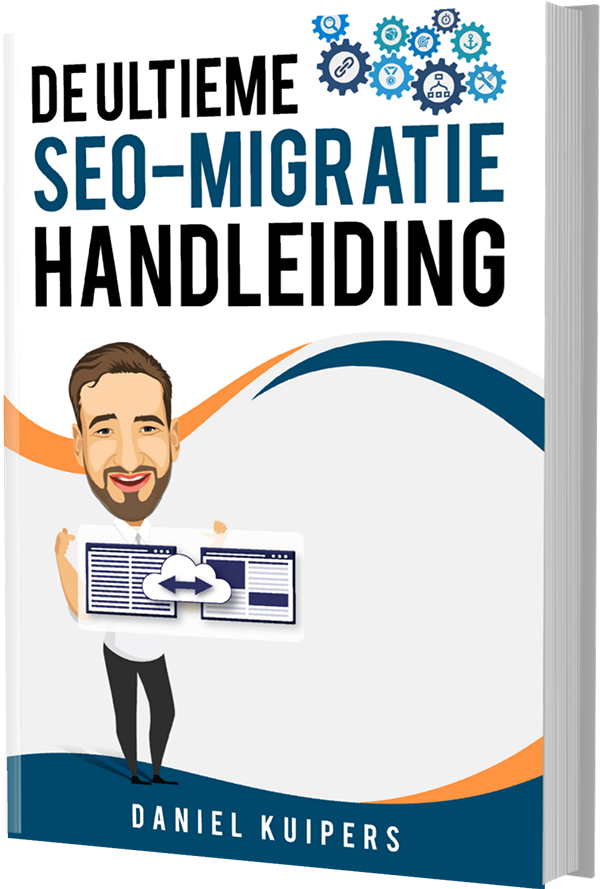
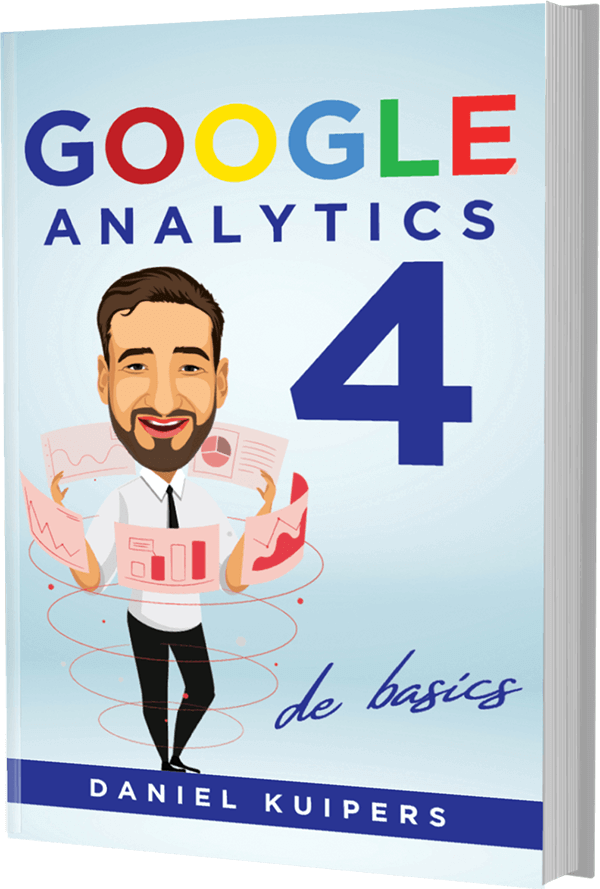
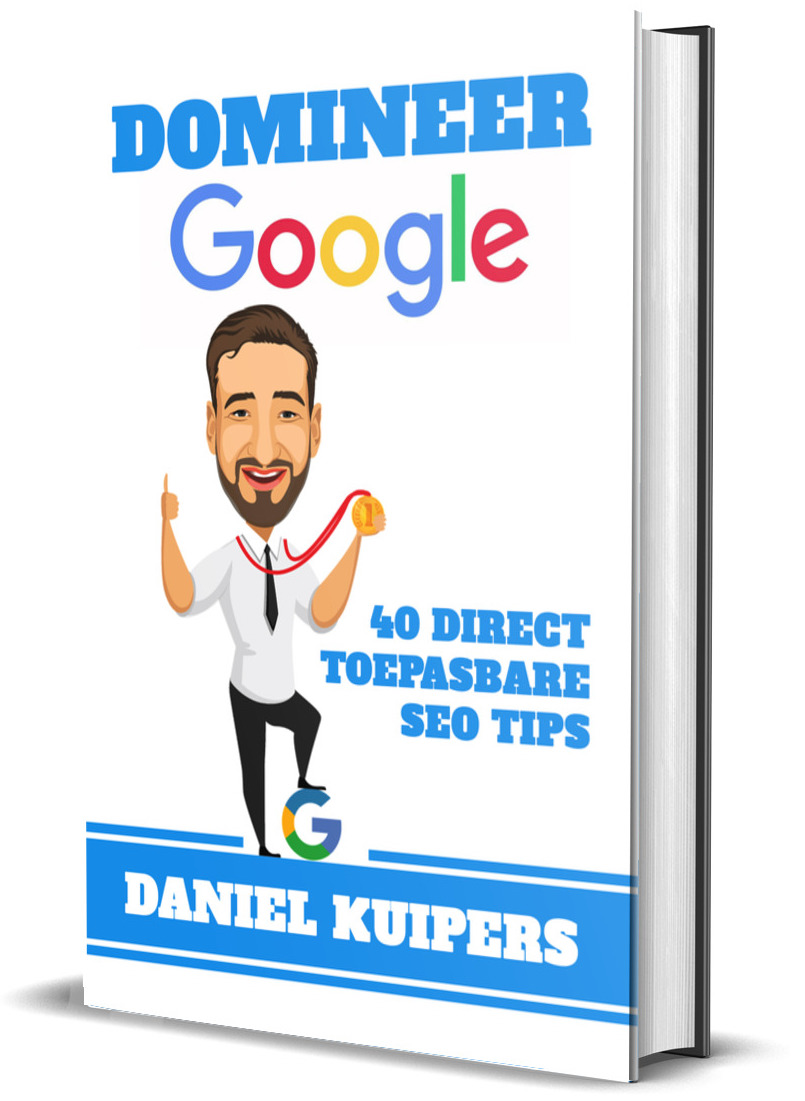


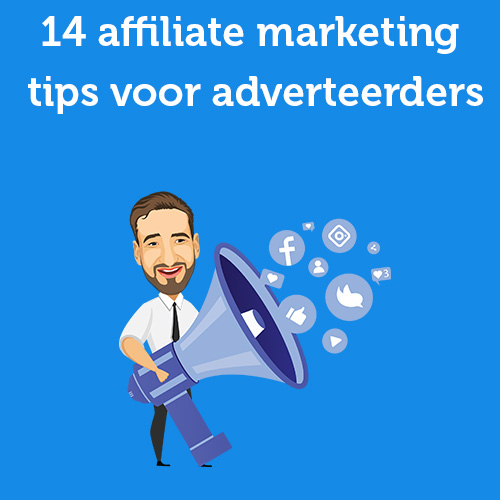

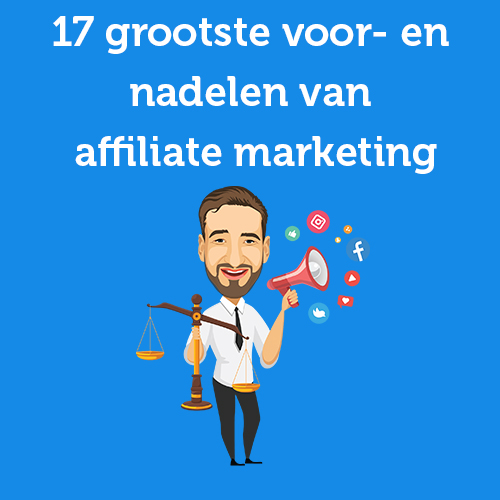
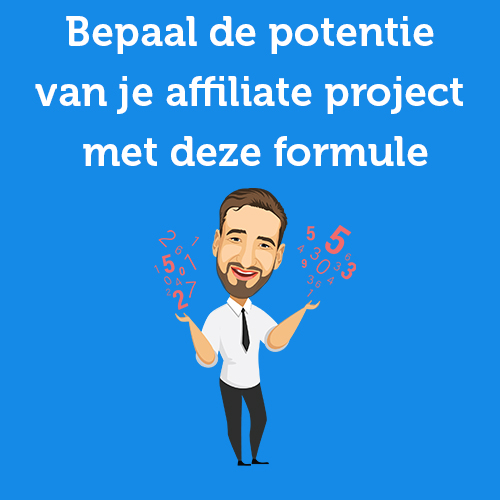
Written by: Daniel Kuipers
Daniel is the founder of Online Marketing Agency. He constantly scours the Internet for the latest gadgets and tactics and blogs about them in understandable language. Well, sometimes.